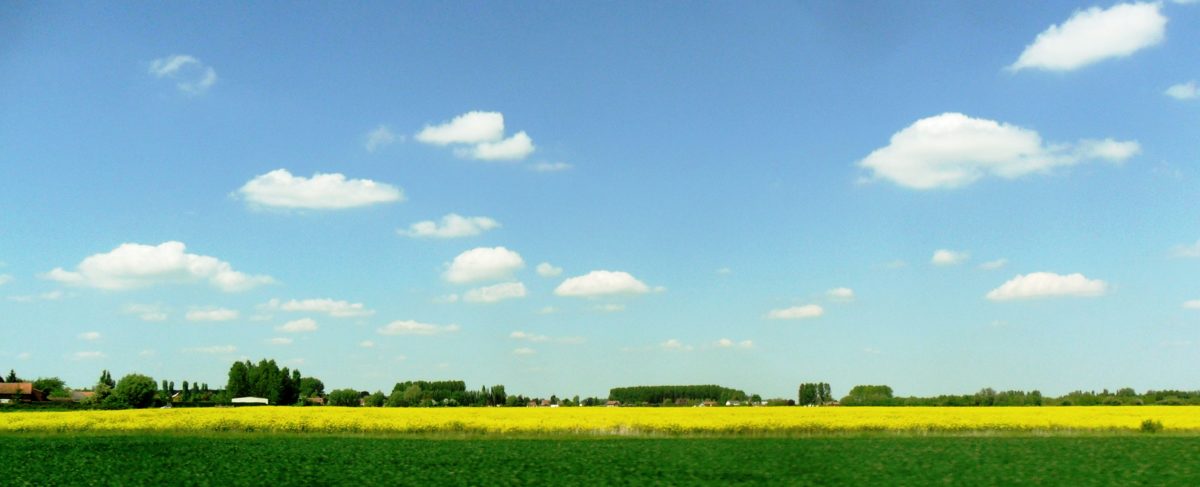The Belgian macro-region of Flanders saw a considerable increase in new PV installations in 2017.
According to preliminary estimations released by the solar energy association PV-Vlaanderen, last year around 188 MW of new PV power generators were connected to the grid in the country.
If confirmed by official numbers, this result would represent a significant growth over the 103 MW of new PV systems that were registered in 2016.
According to the president of the association, Bram Claeys, last year’s growth was mainly driven by residential PV, which accounted for around 94% of the newly installed capacity.
“Residential PV is still a quite interesting investment in Flanders, thanks to the full net metering for installations below 10 kW. The larger systems show much less growth. Thanks to a number of regulatory changes that will come into effect in April 2018, we expect the market for these larger systems to pick up as well,” Claeys told pv magazine.
Under the region’s current regulation for PV, only systems up to 10 kW are entitled to sell surplus power under net metering, while larger projects for self-consumption are entitled to receive green energy certificates.
However, the local minister of energy, Bart Tommelein has recently announced a series of initiatives to support the development of commercial and industrial rooftop PV across the region, the latter of which is the announcement of a 100 MW solar park near Tommel.
“Flanders urgently needs large solar projects with a capacity of more than 750 KW. Since the reform of the green certificate system was introduced in 2013, no large solar park has been built anymore,” Tommelein said in early January.
A 2.2 MW rooftop solar installation, currently the region’s largest PV plant, was commissioned by Tommelein in July. This solar park, however, was not included in last year’s statistics.
Flanders had 2,554 MW of installed PV power at the end of 2016, while the whole of Belgium had 3,420 MW. The remaining capacity was located in the other two macro-regions of Wallonia (916 MW) and in the metropolitan region of Brussels (56 MW).
Each of Belgium’s three macro-regions has its own energy systems, and its own policy for solar and renewables.
This content is protected by copyright and may not be reused. If you want to cooperate with us and would like to reuse some of our content, please contact: editors@pv-magazine.com.




By submitting this form you agree to pv magazine using your data for the purposes of publishing your comment.
Your personal data will only be disclosed or otherwise transmitted to third parties for the purposes of spam filtering or if this is necessary for technical maintenance of the website. Any other transfer to third parties will not take place unless this is justified on the basis of applicable data protection regulations or if pv magazine is legally obliged to do so.
You may revoke this consent at any time with effect for the future, in which case your personal data will be deleted immediately. Otherwise, your data will be deleted if pv magazine has processed your request or the purpose of data storage is fulfilled.
Further information on data privacy can be found in our Data Protection Policy.